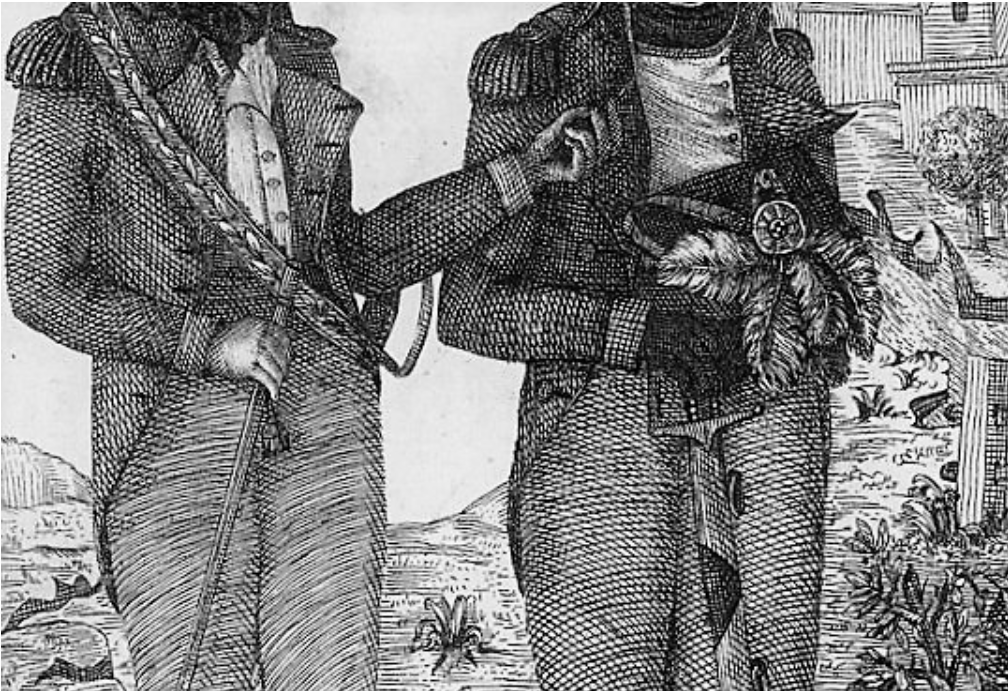Suffering Our Forefathers’ Sins: A Latino’s Reflection on White SupremacyPosted in Articles, Caribbean/Latin America, Europe, History, Latino Studies, Media Archive, Mexico, Philosophy, Social Justice, Texas, United States on 2019-09-04 21:08Z by Steven |
Suffering Our Forefathers’ Sins: A Latino’s Reflection on White Supremacy
Mere Orthodoxy
2019-08-12
Nathan Luis Cartagena, Assistant Professor of Philosophy
Wheaton College, Wheaton, Illinois
Two Saturdays ago mi esposa and I mourned for those devastated by the El Paso shooting. For us, this hit home. We had lived in the Lone Star State for seven years, our daughter was born there, and we have strong relationships with Chicanos/as from la frontera—the Texas-Mexico borderlands.
As we mourned, I thought about white supremacy’s role in this shooting. I thought about the painful irony that white supremacy originates in Portugal and Spain, the lands from which the ancestors of most Latinos/as and its subsets—including Chicanas/os and Tejanos/as—hail. This includes my ancestors. I am, after all, a Cartagena.
Yet despite our origins, Latinos/as are not deemed true whites. We are a racialized other; even the lightest of us who pass or receive the status of honorary white know this comes at a price and is liable to be lost the moment someone suspects we’ve broken the norms of white solidarity. How did this happen? How did the Iberian Peninsula’s Latina/o children lose the status of white? Let me sketch an answer for you…
Read the entire article here.





